August 22, 2025 | 02:42 GMT +7
August 22, 2025 | 02:42 GMT +7
Hotline: 0913.378.918
August 22, 2025 | 02:42 GMT +7
Hotline: 0913.378.918
Chachoengsao is one of three provinces covered by the Eastern Economic Corridor (EEC) project that includes several industries, a high-speed railway line, an airport and upgrades to two deep-sea ports in an area of about 1.3 million hectares.
The US$45 billion EEC project is a centrepiece of the Thai government's efforts to boost economic growth and encourage investment with speedier approvals, tax breaks and special visas for investors, as well as land leases for up to 99 years.
But for tens of thousands of villagers who have lived in the three EEC provinces of Chachoengsao, Chon Buri and Rayong for generations, there are few benefits, and many will lose their land and homes, activists warn.
"The government only cares about business - it is giving away our land to big companies," said Ubon, 73, gesturing to the trees and the ponds teeming with tilapia and catfish.
"For us, this is our life and our livelihood, and it will be very difficult to adjust to a new place and a new life if we have to leave," she told the Thomson Reuters Foundation.
Thailand's tourism-reliant economy, Southeast Asia's second largest, suffered its deepest slump in over two decades last year due to the impact of the coronavirus pandemic, and authorities are keen to lure back local and foreign investors.
The EEC is a key part of the plan, with authorities expecting at least US$10 billion in investments this year.
But residents say authorities did not consult with them on the plans, and that the project will damage the environment and livelihoods that rely largely on farming and fishing.
"There were some public hearings, but many were held far away, or were online, or we were not informed. Some had a lot of police, making it difficult for us to voice our concerns," said Sarayut Sonraksa, 40, a farmer in Ban Pho village in Chachoengsao.
"We are already seeing more flooding, more coastal erosion, and waste being dumped, and we are worried it will get worse and affect the land and water even more," said Sarayut, who has taken the lead in campaigning against the EEC in his village.
More than 40 public hearings were held to seek residents' opinions, said Tasanee Kiatpatraporn, a deputy secretary general in the Eastern Economic Corridor Policy Committee (EECPC), a state agency.
Further, forested areas and "good agricultural land" are being maintained, and the EEC promotes industries engaged in "activities which employ advanced and modern technologies, innovations, and are environmentally friendly", she added.
"SECOND-CLASS CITIZENS"
Across Asia, governments have embraced so-called special economic zones (SEZs) to spur growth and generate jobs. These are generally governed by special laws related to land use and environmental clearances, and offer tax incentives.
Many SEZs have, however, fallen short of targets on investment, revenue and jobs, and have instead caused mass displacements, as well as social and environmental impacts, according to researchers.
Thai SEZs date back to the 1970s, and the country has more than 50 large industrial estates, with a majority located in the eastern region, including local and foreign auto manufacturers, petrochemical and electronic companies.
The military-led government that took charge after a coup in 2014 has made SEZs key to its economic policy, even as protests over evictions from farms and forests have risen.
The Eastern Economic Corridor bill was passed in 2018, with provisions to allow industrial development on agricultural land, and with less rigorous environmental-impact assessments and waste management rules, according to activists.
"The project has a top-down approach that minimised public participation and engagement of local people, who do not get any benefits from the project," said Somnuck Jongmeewasin, research director at EEC Watch, an advocacy group.
"EEC projects are being developed without respect for community rights and are leaving local communities, especially poor people, behind," he said, adding that people who live in the EEC zone are "downgraded to being second-class citizens, alienated in their own homeland".
An administrative court last year ordered officials to follow local town planning and zoning regulations.
But authorities have continued to ignore public participation requirements in meetings on town planning and re-zoning, Somnuck said.
YOUNGER GENERATION
In the three provinces of the EEC, land prices have surged as agricultural land is designated for industry, and the project is promoted as a key part of the Belt and Road Initiative, China's massive global infrastructure push.
Some residents have sold their land and moved away as it becomes harder to farm and rear fish. Villagers on leased land risk becoming landless and being left without any compensation.
Ubon, who has leased her land for several decades, says her landlord is supportive of her, but she cannot be sure for how long. Her daughter has set up a small business making traditional Thai sweets as a backup plan.
"I'm already old; I won't live very long. But what about the younger generation - where will they go if we lose our land?" said Ubon.
Ubon and others are encouraged by a victory earlier this month for campaigners against an industrial zone in Thailand's southern province of Songkhla.
Authorities agreed to put the project on hold to do a strategic environmental assessment, and set up a new panel to look into concerns after protests.
"What they have achieved is remarkable - the entire community came together, and never gave up. We have a lot to learn from them," said Sarayut.
Sarayut has received death threats for his opposition, and a village headman was killed some years ago. A lawsuit against the EEC is being heard in court.
"It is our last option," said Sarayut.
"It's not that we don't want development, but we want it to be done in a way that does not hurt us or the environment."
(Reuters)
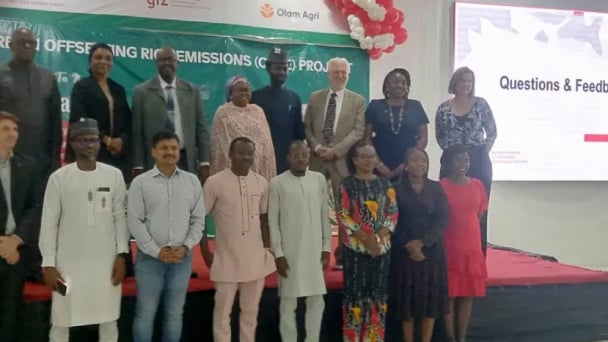
(VAN) The German Government has inaugurated the Carbon Offsetting Rice Emissions (CORE) Project to support 12,000 smallholder farmers in climate-smart rice production across Benue, Nasarawa, and Kano States.
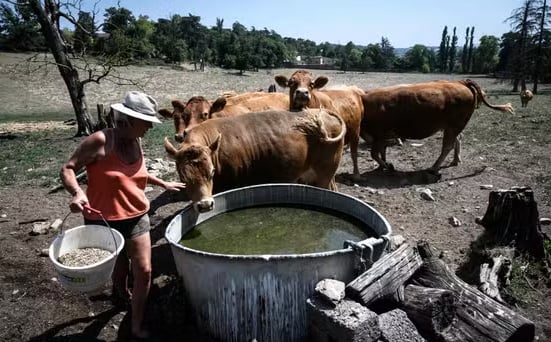
(VAN) Orchardists, winegrowers and livestock farmers fear the negative impact of the current heatwave on their production.
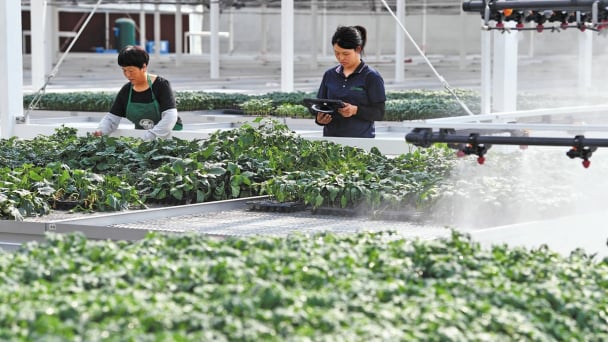
(VAN) Smart cultivation overturns traditional farming in Raoyang.
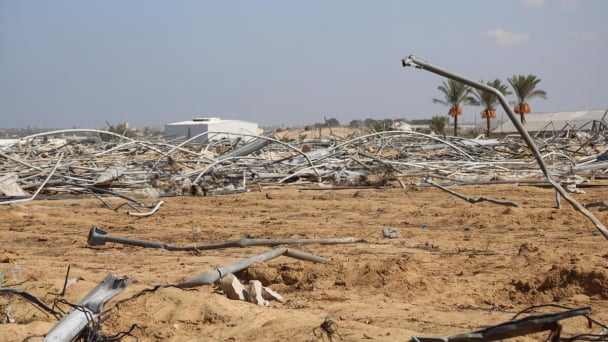
(VAN) Food production cannot be reactivated without a significant shift in accessibility, safety, investments and support for local communities and livelihoods.

(VAN) Officials are debating how to placate farmers’ need for migrant labor without appearing to offer amnesty to undocumented immigrants.
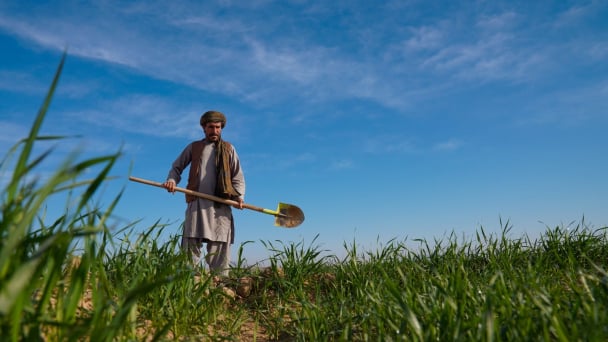
(VAN) New partnership to help over 150,000 people enhance food production, incomes and climate resilience across 15 provinces by May 2026.
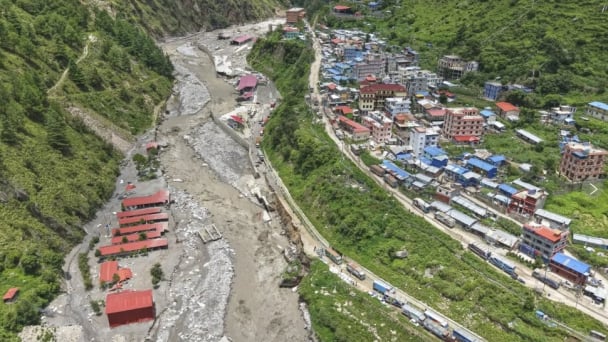
(VAN) Floods that damaged hydropower dams in Nepal and destroyed the main bridge connecting the country to China show the vulnerability of infrastructure.